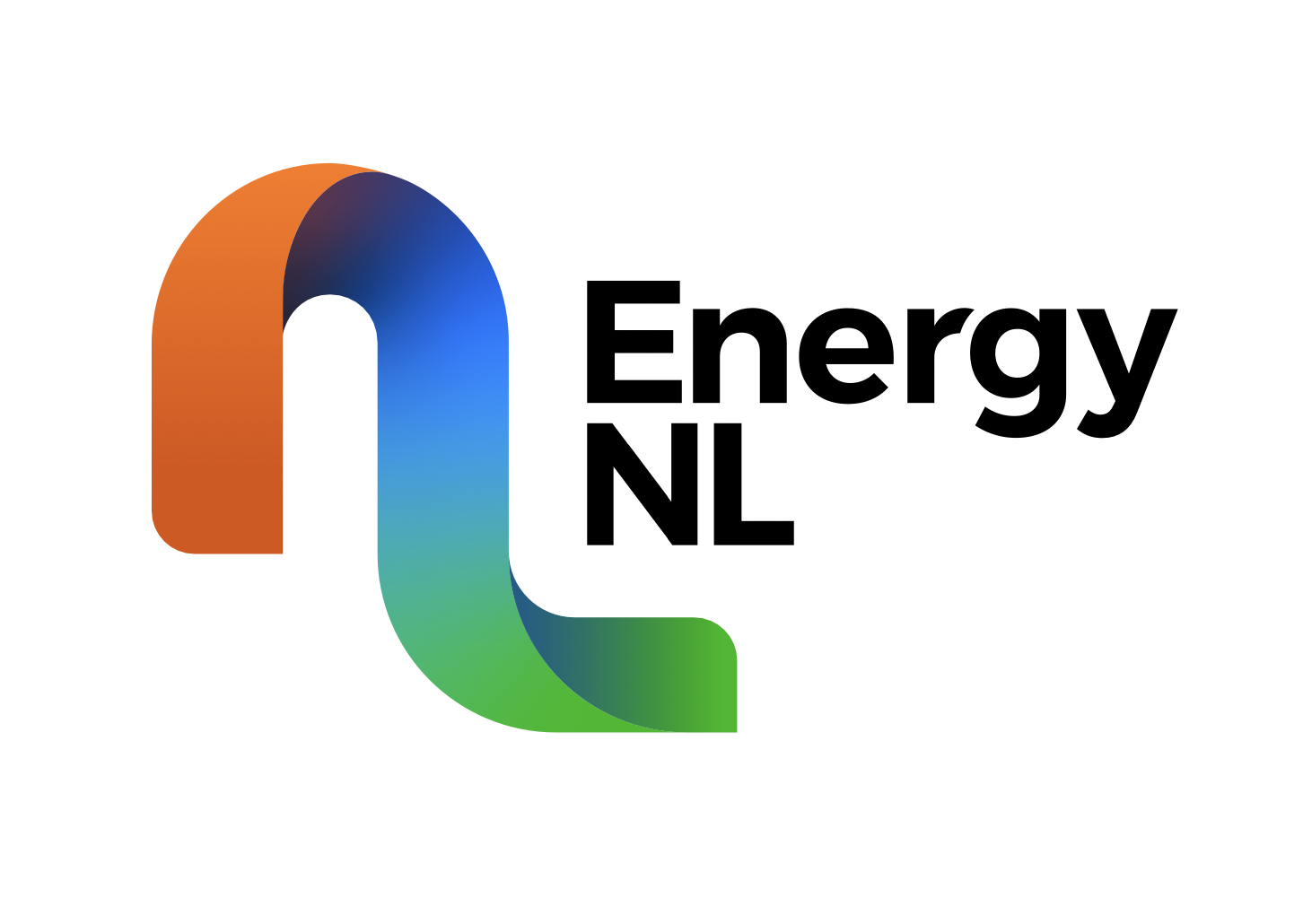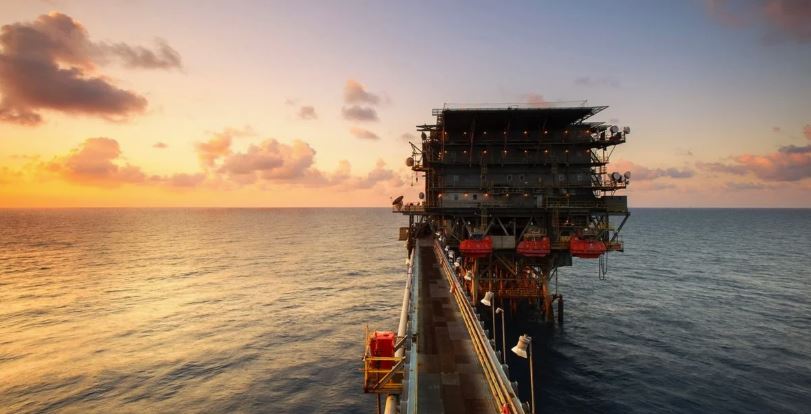Newfoundland and Labrador’s offshore oil and gas industry is calling on Ottawa to provide incentives to attract more exploration in the region and tax credits to kickstart delayed projects, though environmental activists are warning against using public dollars to shore up fossil fuel producers as the world increasingly moves to lower carbon energy sources.
The Newfoundland and Labrador Oil and Gas Industries Association (NOIA) and Canadian Association of Petroleum Producers (CAPP) launched a new public push on Tuesday for an industry-specific support package from the federal government, releasing statements of support from over 80 prominent business and political figures, including the province’s natural resources minister Siobhan Coady, who is also a former Liberal MP.
The statements were published on the website for CAPP’s We Are NL Offshore campaign, and reference the oversized economic contributions of the sector to the province’s economy. Coady, in her statement, says the offshore industry contributes an estimated 30 per cent of the province’s GDP and directly employs 6,390 people.
The N.L. government’s finances have been rocked in recent years by cost overruns from major hydroelectric projects, as well as falling commodity prices, which have only intensified during the ongoing COVID-19 pandemic, and a price war between Russia and Saudi Arabia. There were rumours earlier this year that the province was teetering on the verge of bankruptcy, making it unlikely the offshore industry will see much in the way of financial aid from the N.L. government.
NOIA CEO Charlene Johnson told iPolitics in an interview Tuesday that the industry has been hard hit by recent delays at a number of major offshore oil projects and the closure of a refinery. She said the sector wants to see something similar to the $30 billion in investment tax credits Norway provided to its offshore oil and gas industry, to help restart delayed projects.
“Norway [is the] gold standard. They have a mantra in government [about] maximizing their resources, both renewable and non-renewable, to the benefit of Norwegians. We believe that our government needs to do the same,” she said.
“We need to demonstrate that we’re open for business. We feel…we should be using Canadian oil for our domestic supply,” she continued, noting that every year, $19 billion worth of foreign oil is imported into Canada.
Johnson said NOIA and CAPP went public with the letters of support because of the delay in promised federal aid for the offshore sector, with Natural Resources Minister and N.L. Liberal MP Seamus O’Regan saying in early June that something for the industry would be rolled out soon.
Part of the goal of this new public lobbying push is to secure government support that would entice scarcer investment dollars to the industry and “protect the investments that have been made here over the last number of years,” she said, referencing the roughly $4 billion in land sales in recent rounds.
“We’re seeing companies that we’re going to explore under those [deals] delayed as well. So it’s about protecting the investment that’s already been made here but also attracting new investment. And we have not seen any package that will do that,” Johnson argued.
When asked about the industry’s push, O’Regan said in a statement to iPolitics that the federal government is continuing to “work with local businesses, investors, labour groups, and the government of Newfoundland and Labrador to drive the post-crisis economic recovery and support all Newfoundlanders and Labradorians.”
In June, the Liberal government unveiled a new ministerial regulation that exempts exploratory offshore drilling in N.L. from undergoing a project-specific federal environmental impact assessment, in favour of a regional assessment. The Sierra Club Canada Foundation, World Wildlife Fund and Ecology Action Centre have challenged the regulation in court, though their request for an immediate injunction was rejected.
Also in mid-April, Prime Minister Justin Trudeau announced a $1.7-billion fund to accelerate the cleanup of orphan and inactive wells in Alberta, Saskatchewan and British Columbia, and the establishment of a $750-million emissions reduction fund that will provide repayable loans to companies to help them reduce waste and pollution. Of the $750 million, $75 million is allocated toward investments in offshore energy companies in N.L. to cut their emissions.
In June, a coalition of environmental groups wrote a letter to the prime minister and several other cabinet ministers opposing the assessment exemption. The authors argued that subsidizing N.L.’s offshore oil and gas industry “would make it virtually impossible for the province, or Canada, to meet its climate commitments.”
The letter also chastises the feds for Canada failing to meet its pledge to eliminate inefficient oil and gas subsidies and warns that public investments into a “volatile industry during a time of low oil prices would be highly speculative and extremely risky.”
Julia Levin, climate and energy program manager for Environmental Defence and one of the signatories of the letter, argued that Ottawa has already caved to the industry by permitting a regional environmental assessment for offshore projects and shouldn’t go any further to prop it up.
Federal investment in the offshore sector amounts to a “really risky gamble with public money” and undermines an international push to ensure the economic recovery from the COVID-19 pandemic is centred on renewable energy, she said, pointing to warnings from the International Energy Agency (IEA) that this is the last chance for the world to “stave off catastrophic climate change.”
Levin said the economic pain inflicted by falling commodity prices is what happens when decision-makers fail to plan for an orderly transition away from fossil fuels, and now is not the time to double down on carbon intensive energy sources.
“The writing’s been on the wall for a very long time,” she said.
Tzeporah Berman, international program director of environmental group Stand.earth and another signatory of the letter to the PM and cabinet, said that given climate change, the softening of demand for oil and the poor performance of Canadian oil and gas companies, federal government support for the offshore sector is “absolutely the wrong direction for Canada.”
“You can’t get to net zero by 2050 by [increasing] fossil fuel production,” she said, referencing the federal Liberals’ 2019 campaign pledge.
Berman said the IEA and other “conservative” analysts have predicted that demand for oil and gas won’t recover to the highs seen in the last decade or so, meaning prices likely won’t rise much in the coming years. Brent crude, an industry benchmark, has been trading in the $40 range in recent weeks, down from the $70 or so it was fetching prior to the pandemic.
Since Canadian oil is not conventional and thus, more expensive to extract, and typically more carbon intensive, it will be the “first to go,” Berman argued.
Asked about the criticism, Johnson said immediately turning away from oil and gas is not feasible and urged Canada to follow the lead of Norway in using its profits from non-renewable energy to invest in less carbon-intensive sources.
“If we turn off our taps tomorrow to our oil, offshore and even in Alberta, that just means you’re gonna have to bring in more foreign oil. It’s not just an economic loss to Canada, but it’s an environmental loss to the world because we will have to bring in oil from countries that probably do not have the low carbon footprint that our oil does,” she said.
“I would challenge environmental organizations to have a deeper look about the broader impact.”
—
Source: iPolitics | This text was excerpted from the media outlet cited on July 7, 2020 and is provided to Noia members for information purposes only. Any opinion expressed therein is neither attributable to nor endorsed by Noia.






